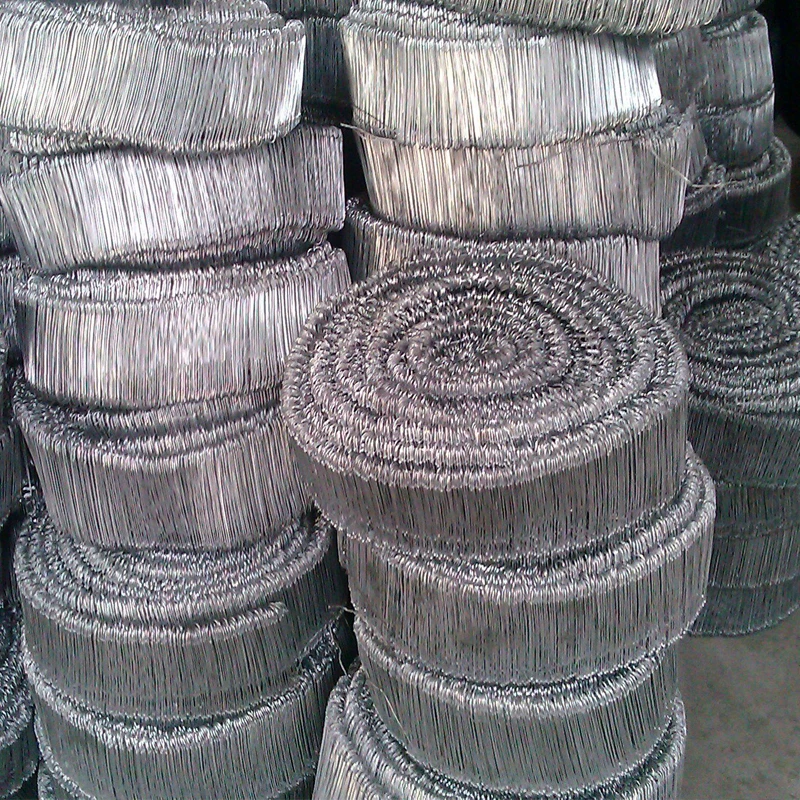Understanding Drywall Stud Screws A Comprehensive Guide
When it comes to drywall installation, using the right hardware is as crucial as mastering the application technique itself. Among the essential components in this process are drywall stud screws, which play a vital role in ensuring structural integrity and a smooth finish. In this article, we will delve into what drywall stud screws are, their types, applications, and critical considerations for use.
What are Drywall Stud Screws?
Drywall stud screws are specially designed fasteners used to attach drywall sheets to wood or metal studs. These screws provide superior hold and stability, ensuring that drywall is securely fastened to the underlying framework. Unlike regular screws, drywall stud screws feature a sharp point that allows for easy penetration into the material, as well as a coarse thread that helps grip the stud firmly.
Types of Drywall Stud Screws
Drywall stud screws come in various types, with distinctions based primarily on their intended use, materials, and coating. Here are the most common types
1. Wood Stud Screws These are designed for use with wooden studs. They typically have longer threads to provide a better grip in wood, and they often come with a bugle head for a smooth finish against the drywall surface.
2. Metal Stud Screws These screws are specifically made for attaching drywall to metal studs. They usually have finer threads and a sharper point to facilitate easy penetration into metal.
3. Self-Drilling Screws Also known as self-tapping screws, these screws eliminate the need for pre-drilling by incorporating a drill point that cuts its path into the material. They are especially useful when working with metal studs.
4. Coated Screws Drywall screws can be treated with different coatings such as phosphating or zinc plating to resist rust and corrosion. This is particularly important in humid environments where moisture can compromise the integrity of the screws over time.
Common Sizes
Drywall studs screws typically come in various lengths, ranging from 1 1/4 inches to 2 1/2 inches. The choice of length depends on the thickness of the drywall and the type of stud being used. The most common size for standard 1/2-inch drywall is 1 1/4 inches, while thicker sheets may require longer screws.
drywall stud screws

Benefits of Using Drywall Stud Screws
1. Enhanced Holding Power The coarse threads on drywall screws provide a strong grip that minimizes the risk of joints popping or sagging over time.
2. Ease of Installation With their sharp tips and designed threads, drywall screws allow for faster and easier installation compared to traditional nails, which can bend or require pre-drilling.
3. Fewer Repairs Properly installed drywall screws reduce the chances of damage during and after installation, leading to fewer repairs and less maintenance in the long run.
4. Smooth Finish The bugle head design of many drywall screws helps create a flush surface, making it easier to tape and mud over the screws, resulting in a smooth finish.
Considerations for Use
When using drywall stud screws, there are several important factors to keep in mind
- Avoid Over-Tightening Over-tightening can lead to dimpling of the drywall surface, making it difficult to achieve a smooth finish. It can also weaken the grip of the screw.
- Spacing Matters Following manufacturer recommendations, typically placing screws 12 to 16 inches apart, ensures a strong installation. This spacing helps distribute the weight and prevents the drywall from cracking.
- Selecting the Right Screw Always choose screws that are appropriate for the studs and drywall thickness you are working with. For instance, using wood screws in metal studs is not advisable.
Conclusion
Drywall stud screws are indispensable in any drywall installation project. Understanding their types, sizes, and correct usage can significantly enhance the quality and longevity of your work. By selecting the appropriate screws and following best practices during installation, you can achieve a durable and aesthetically pleasing finish that will stand the test of time. Whether you are a seasoned professional or a DIY enthusiast, the right choice of drywall stud screws will make your project easier and more successful.

















